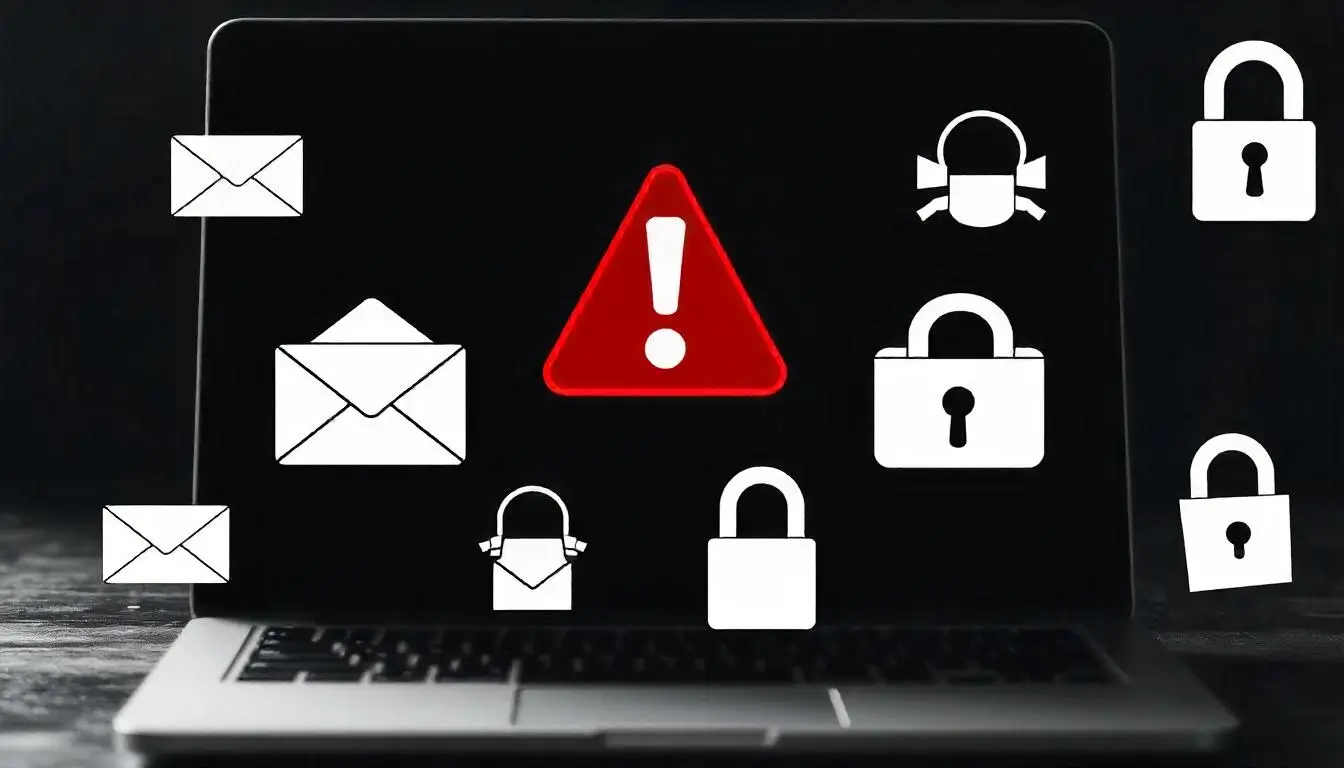Ecommerce Business Insurance: Why It Matters in 2025

Running an ecommerce business offers unparalleled opportunities, but it also comes with unique risks and challenges. In 2025, ecommerce business insurance is more crucial than ever. Whether you’re managing a small online store or a global marketplace, having the right insurance safeguards your business from unforeseen events that could derail your success.
This guide explains why ecommerce business insurance matters, the types of coverage available, and how to choose the right plan for your business.
What is Ecommerce Business Insurance?
Ecommerce business insurance is a type of coverage designed to protect online businesses from risks such as cyber threats, legal claims, inventory damage, and more. It provides financial support and peace of mind, enabling you to focus on growing your business.
Key Benefits:
- Protects against financial losses due to lawsuits.
- Covers damage to inventory during storage or transit.
- Safeguards your business from cyberattacks and data breaches.
- Ensures business continuity in the event of a disaster.
Why Ecommerce Business Insurance is Essential in 2025
The ecommerce landscape is evolving rapidly, with trends like automation, cross-border sales, and increasing cybersecurity threats shaping the industry. Here’s why insurance is more critical than ever:
1. Rising Cybersecurity Risks
In 2025, online businesses face an unprecedented rise in cyberattacks. Data breaches, ransomware, and hacking attempts can disrupt operations and compromise customer trust. Cyber liability insurance helps cover:
- Costs of notifying affected customers.
- Legal fees and settlements.
- Data recovery and system restoration.
2. Legal Liabilities
As regulations around ecommerce tighten, businesses must adhere to consumer protection laws and data privacy policies. General liability insurance protects you from:
- Claims of product defects or false advertising.
- Customer injuries caused by your products.
3. Inventory and Supply Chain Protection
Natural disasters, theft, or mishandling during transit can damage your inventory. Property insurance ensures:
- Compensation for damaged goods.
- Coverage for warehouse and storage losses.
4. Cross-Border Sales Risks
Expanding into international markets introduces new risks, including compliance with foreign laws and currency fluctuations. Insurance helps mitigate these challenges.
Types of Ecommerce Business Insurance

To fully protect your business, consider the following types of insurance:
1. General Liability Insurance
This covers claims related to:
- Bodily injuries caused by your products.
- Property damage claims.
- Legal defense costs.
2. Cyber Liability Insurance
Designed for online businesses, it provides protection against:
- Cyberattacks and data breaches.
- Costs of legal claims and settlements.
- Loss of business income due to system downtime.
3. Product Liability Insurance
Essential for businesses selling physical products, this covers:
- Defective product claims.
- Customer injuries caused by product misuse.
4. Commercial Property Insurance
Protects your business assets, including:
- Warehouses and storage facilities.
- Inventory, equipment, and tools.
5. Business Interruption Insurance
Covers lost income and operational costs during unexpected disruptions, such as:
- Natural disasters.
- System failures or cyberattacks.
How to Choose the Right Insurance for Your Ecommerce Business
Selecting the right insurance policy involves evaluating your business needs and potential risks. Follow these steps:
1. Assess Your Risks
Identify areas where your business may be vulnerable, such as:
- Cybersecurity threats.
- Shipping and inventory challenges.
- Customer-related liabilities.
2. Understand Coverage Options
Work with an insurance provider to customize your policy based on:
- Business size and revenue.
- Type of products or services offered.
- Operational regions (domestic or international).
3. Compare Insurance Providers
Research multiple providers and evaluate their offerings based on:
- Premium costs.
- Claim settlement process.
- Customer reviews and reputation.
4. Consult an Insurance Expert
Seek advice from insurance experts or brokers who specialize in ecommerce. They can:
- Identify gaps in coverage.
- Help negotiate better terms.
Common Mistakes to Avoid

Many ecommerce businesses overlook crucial aspects when purchasing insurance. Avoid these mistakes:
1. Underestimating Cyber Risks
Cyberattacks can cripple your business. Invest in comprehensive cyber liability insurance to stay protected.
2. Ignoring Product Liability
Even a single defective product claim can result in significant financial losses. Ensure you’re covered for product-related risks.
3. Choosing the Cheapest Policy
Affordable premiums may come with limited coverage. Focus on policies that provide robust protection.
4. Failing to Review Policies Annually
As your business grows, your insurance needs may change. Regularly review and update your coverage.
Trends in Ecommerce Business Insurance for 2025
Stay ahead by understanding emerging trends in ecommerce insurance:
1. AI-Driven Risk Assessments
Insurance providers are using artificial intelligence to assess risks and offer tailored policies.
2. Flexible Pay-As-You-Go Plans
These plans allow small businesses to pay premiums based on usage and revenue fluctuations.
3. Focus on ESG Compliance
Environmental, Social, and Governance (ESG) factors are influencing insurance policies, encouraging businesses to adopt sustainable practices.
4. Integration with Ecommerce Platforms
Many platforms like Shopify and WooCommerce now offer integrated insurance solutions, simplifying the process for business owners.
Final Thoughts
Ecommerce business insurance is no longer optional—it’s a necessity in 2025. With the rise of cyber threats, legal complexities, and global operations, having the right coverage ensures your business remains protected and resilient. Invest in comprehensive insurance today and focus on growing your ecommerce empire with confidence.
For more tips and resources, explore our blog at EcommerceMart.
Related Posts
How Electronic Commerce (E-Commerce) is Transforming Retail in 2025 Why Ecommerce Business Is the Best Startup Option Today Shopify Website Builder vs Competitors: Which One Wins? Top B2B Ecommerce Solutions for 2025: Powering Your Business Growth Top 10 eCommerce Web Design Agencies in 2025: Who’s Leading the Game?


Leave a comment